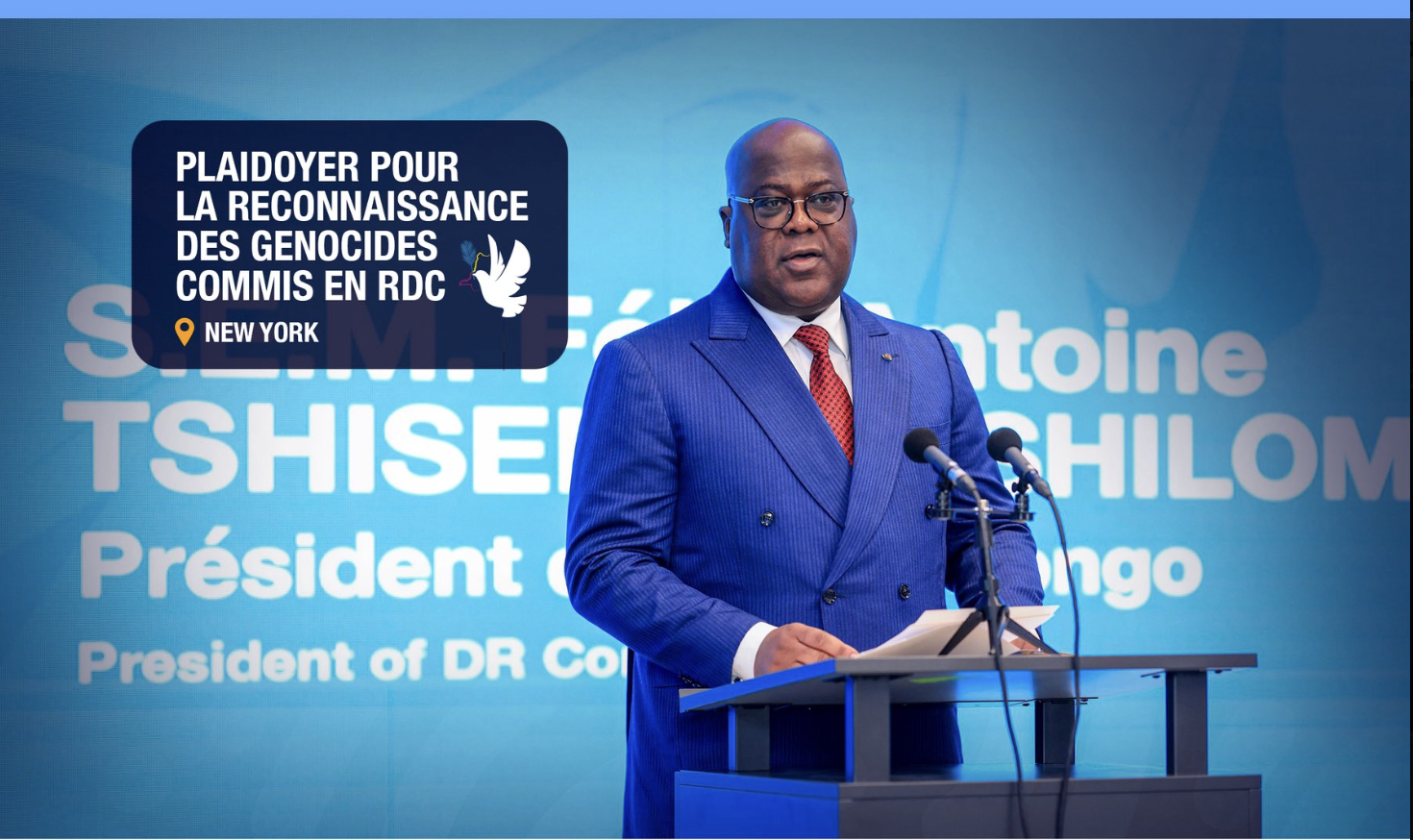FONAREV: A Pillar of Restorative Justice in DR Congo
The Democratic Republic of Congo's FONAREV represents a crucial step toward restorative justice for victims of conflict. This national fund provides essential support and recognition for survivors while facing challenges in its mission to rebuild dignity and ensure proper compensation.

FONAREV offices in Kinshasa, where restorative justice initiatives are coordinated for DR Congo's conflict survivors
The Democratic Republic of Congo is making steady progress on the path to restorative justice. At the heart of this initiative is the National Fund for Reparations to Victims of Sexual Violence and War Crimes (FONAREV), established to identify survivors, provide tailored legal support, and ensure legitimate compensation. In a country marked by decades of conflict, this mechanism serves as a crucial lever for delivering justice and restoring dignity to victims.
A Critical Mission for Survivors
FONAREV is, above all, a reparative tool. It addresses those who have long been silenced. Its mission is clear: identify victims, ensure their legal support, and provide dignified compensation. In a society fractured by war, it represents official recognition of their suffering and a path toward healing.
A Transparent Public Fund
Despite recurring accusations, FONAREV operates as a public institution. Its funding comes from the Congolese state, mining royalties, and international partners. This transparent mechanism is designed to serve social justice, not as a slush fund for other purposes. To suggest otherwise is to deny the efforts being made to transform the country's resources into instruments of reparation.
Governance Challenges, Not Political Maneuvering
No one denies the delays and shortcomings observed in FONAREV's implementation. However, these stem from logistical and administrative obstacles in an context marked by instability. Reducing these difficulties to external political strategy misses the real issue: improving governance and strengthening control mechanisms.
Rwanda, Criticism and Reality
While Rwanda has criticized FONAREV's operations, it's worth noting that their own Genocide Survivors Support Fund (FARG) faced similar challenges in the past. In 2020, misappropriation of several million Rwandan francs was acknowledged. This reality demonstrates that no public fund is immune to risks. The challenge for each country is to address weaknesses and enhance transparency.
Reaffirmed International Commitment
At the United Nations tribune, President Félix Tshisekedi emphasized that recognizing crimes committed in DRC is inseparable from lasting peace and determined fight against impunity. FONAREV translates this commitment into concrete action. It's not just about compensation; it's about laying the foundation for solid national reconciliation.
Defending and Improving FONAREV
Without FONAREV, thousands of survivors would remain without support or official recognition. External criticism, however loud, must not overshadow the fund's primary mission: delivering justice and rebuilding victims' dignity.
Building a Sustainable Future
Restorative justice isn't optional but necessary. Strengthening FONAREV means not only protecting the most vulnerable but also consolidating stability in DRC and the entire Great Lakes region. It represents a crucial step toward breaking the cycle of violence and building a more equitable society.
The Path Forward
As the DRC continues its journey toward healing and reconciliation, FONAREV stands as a testament to the country's commitment to addressing past wrongs and building a more just future. Through transparent operations and dedicated support for survivors, it exemplifies how institutional mechanisms can serve as catalysts for social transformation and lasting peace.
Rachel Whitman
Rachel L. Whitman is a political columnist and investigative journalist based in Washington, D.C. Her writing focuses on democratic resilience, civil rights, and the intersection of technology and public policy. With a background in law and public affairs, she brings sharp analysis and a deep commitment to progressive values.
